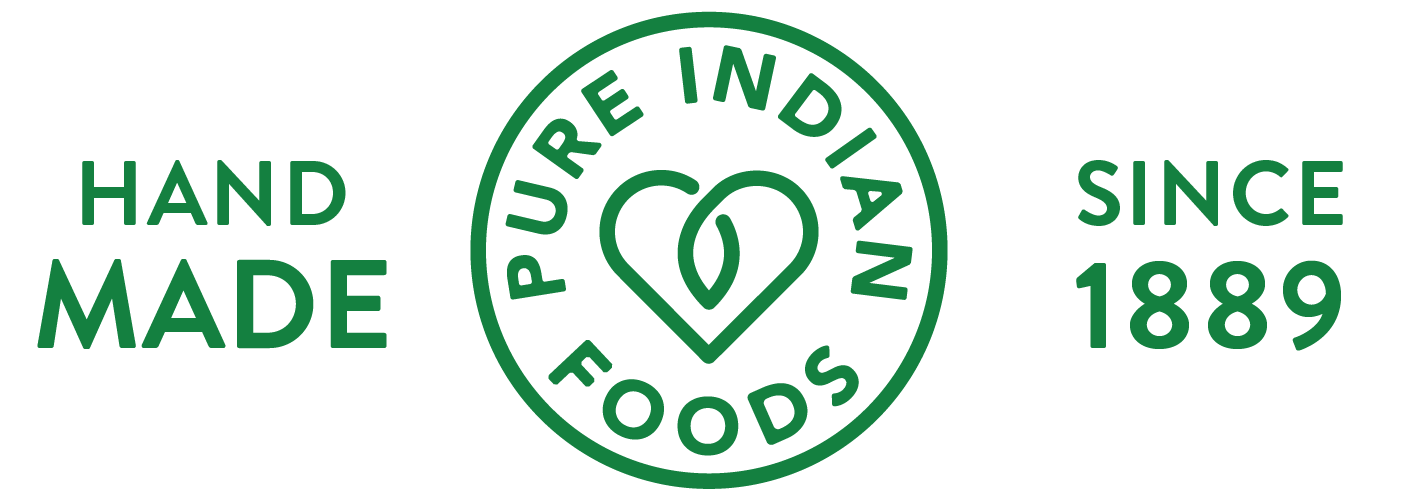Recently, Sandeep came across an article written by the University of Chicago. It was published under the Molecular & Computational Biology section at Phys.org. The title of article is: Common Food Preservative has Unexpected Effect on the Gut Microbiome. After reading the article, Sandeep remarked to all of us about how happy he is that we NEVER put common food preservatives and additives like sodium benzoate, calcium propionate, potassium sorbate, etc. in any of our products!
For years, the food industry has inundated us with one chemical additive after another. Picking up a package of cereal, a box of crackers, a candy bar, a cup of yogurt, a package of sliced ham, or a loaf of bread at the supermarket meant we’d be ingesting a slew of preservatives, fillers, coloring agents, flavor-enhancers, anti-molding agents, and more. Yet, we would do so totally unaware of the effect these additives could have on our bodies.
According to the Environmental Working Group (www.ewg.org), there are more than 10,000 chemicals allowed in food sold in the U.S.! To educate us about the potential harms of such ingredients, the EWG put together a list of the top 12 food chemicals to avoid:
- Nitrates and Nitrites – found in cured meats
- Potassium Bromate – a dough conditioner found in flour used in baked goods
- Propyl Paraben – a preservative found in pastries and tortillas
- BHA – found in cured meats and other foods
- BHT – a preservative found in cereals and other foods
- TBHQ – a preservative found in Pop Tarts and other processed foods
- Titanium Dioxide – found mostly in candy, it’s a color additive
- BVO – Brominated vegetable oil used as a stabilizer in sodas and other drinks
- PFAS – forever chemicals used in packaging that leach into foods
- Artificial Colors – found in numerous foods and beverages
- Artificial Sweeteners – used in numerous foods as a sugar replacemen
- Heavy Metals – found in baby foods
Food preservatives kill pesky food-spoiling microbes that cause mold and deterioration, but natural, time-tested ingredients like vinegar, salt, sugar, Vit C and Vit E, will do the same thing without the harmful downsides. Yet the food industry continues to insist upon using such ingredients as BHA, BHT, sodium nitrate, sodium benzoate, calcium propionate, potassium sorbate, etc. instead. Food manufacturers add “lantibiotics”, a class of chemicals with powerful antimicrobial properties to foods even though research shows that one of the most used lantibiotics (called Nisin) kills not just pathogenic microbes, but healthy commensal gut bacteria as well. You’ll find nisin in just about everything from beer and sausage to cheese and dipping sauces.
In 2018, A European publication, the Institute of Microbiology, Academy of Sciences of the Czech Republic, looked at the connection between human gut microbes and antimicrobial food additives in vitro. They wanted to test the hypothesis that antimicrobial food additives could alter the composition of human gut microbiota by selectively suppressing the growth of susceptible gut microbes. To accomplish this, the researchers looked at the susceptibility of both aerobic and anaerobic gut bacteria to sodium benzoate, sodium nitrite, and potassium sorbate, and their combinations. They found that the tested bacteria “exhibited a wide range of susceptibilities to food additives…” And, most importantly, they found that gut microbes with known anti-inflammatory properties were “significantly more susceptible to additives than microbes with known proinflammatory or colitis-producing properties…” They went on to speculate that permanent exposure of human gut microbes to even low levels of additives could modify the function and composition of the gut microbiome, which in turn could affect (or influence) the immune system. The researchers wondered if this partly explains the increase in allergies and autoimmune diseases that are so prevalent these days.
The bottom line is simple: Whenever possible, avoid purchasing and consuming foods with added preservatives, chemical sweeteners and coloring agents, many of which are associated with adverse health effects including potentially disrupting the healthy balance of friendly bacteria that live in our gut. Let’s stick with the wisdom of the ages: Natural organic vinegar, raw sugar, and salt!
References
https://phys.org/biology-news/molecular-computational/
https://www.ewg.org/sites/default/files/2022-07/EWG_DD-FoodChem_C02.pdf
https://pubs.acs.org/doi/10.1021/acschembio.3c00577
https://sci-hub.se/downloads/2019-01-18//2c/10.1007@s12223-018-00674-z.pdf


Leave a Reply